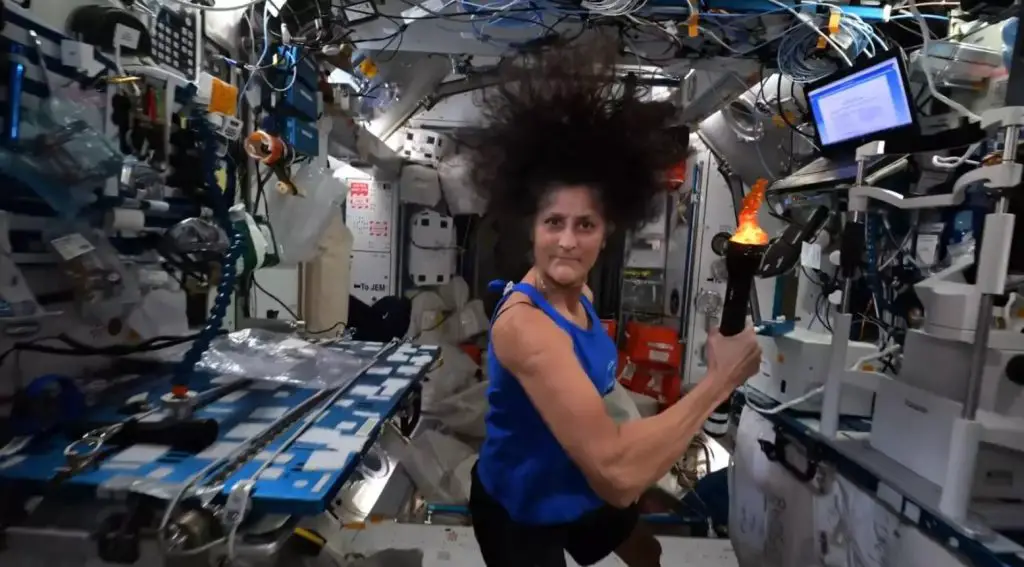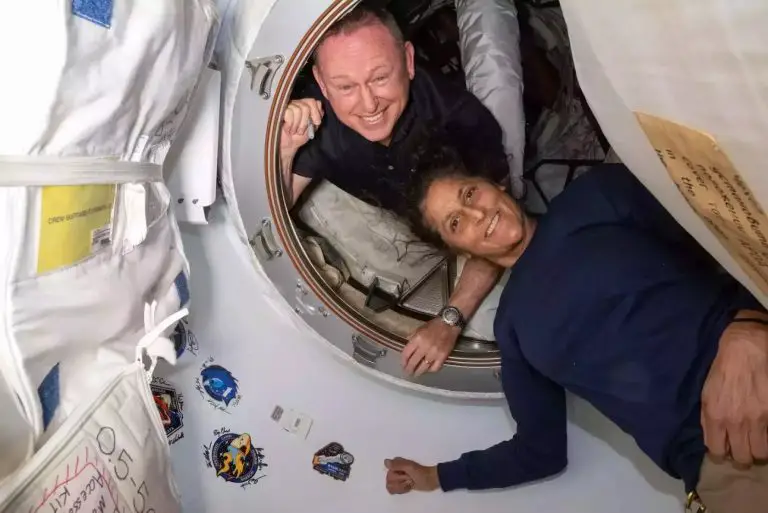NASA astronauts Barry Wilmore and Suni Williams are facing a challenging reality aboard the International Space Station (ISS) after their planned eight-day mission has been extended by over 200 days due to multiple malfunctions with their Boeing Starliner capsule. The spacecraft encountered significant issues, including helium leaks, failed thrusters, and a propellant valve that wouldn’t close, leaving the astronauts stranded in space possibly until February 2025.
Despite the unexpected extension of their mission, Wilmore and Williams have remained positive, integrating fully into the ISS crew and continuing their duties. These include essential maintenance tasks like swapping out a urine processing pump, servicing freezers for research samples, and conducting experiments to study the effects of space on the human body. Wilmore described their experience as feeling like “coming back home” and expressed contentment with their work aboard the ISS.

The astronauts have also adapted to life in space by engaging in regular exercise to maintain bone density and muscle mass, and staying connected with their families through daily phone calls and weekend video conferences. Both Wilmore and Williams have left families behind on Earth, adding to the emotional challenge of their extended stay.
As they await a solution to their return, the astronauts continue to contribute to important scientific research, while the situation highlights the complexities and risks of space exploration, particularly when equipment malfunctions occur far from home.




